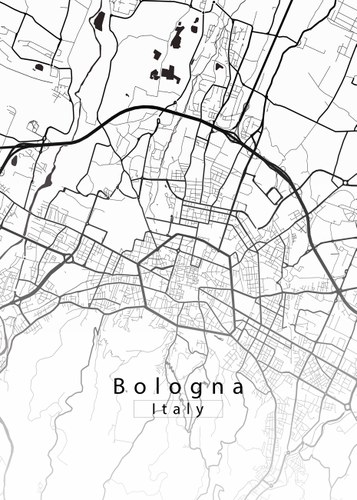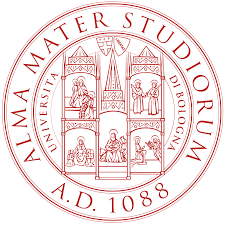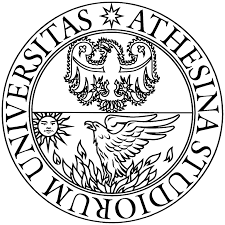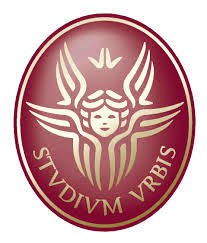The overall project objective is to provide scientific evidence of NBSs impacts on urban microclimate, to enhance sustainable adaptation and mitigation strategies for urban heat and pollution islands.
The project aims at providing evidence-based analysis, grounded on a rigorous scientific approach, to build a robust and systemic knowledge of the most effective urban NBSs, their potential benefits, as well as the possible side effects. Such a challenge is addressed by enforcing a systematic investigation that starts with the detailed analysis of microscale effects of NBSs on the in-city ventilation, temperature, pollutant dispersion in prototypical urban geometries, through the use of laboratory experiments and high-resolution numerical simulations. Subsequently, the knowledge gained is applied for testing and improving urban numerical parameterisations for mesoscale meteorological models, allowing the analysis of an extensive implementation of NBSs considering an urban area.

The city of Bologna, located in the Po Valley, a recognised hotspot of climate change and air pollution, is taken as a practical case study that will be investigated experimentally through an extensive measuring campaign based on meteorological and low-cost sensors, and numerically through mesoscale simulations that analyse selected scenarios where different urban NBSs are virtually implemented. In such a way, GREEN-POLIS will perform a multiscale investigation ranging from the street to the city scale, which is based on the knowledge gained in simplified configurations and progresses towards application in the real field.
Among the peculiar outputs, there is a large archive of experimental and numerical datasets collecting the results of the measuring campaign and the simulations performed, that will be made publicly accessible to the scientific community beyond the lifetime of the project, along with the key software utilised for the numerical investigation and the upscaling methodology to assess the impact of urban NBSs in a real urban scenario. This ambitious research path is based on the excellence of the scientific expertise of the consortium partners.
PROGETTI DI RICERCA DI RILEVANTE INTERESSE NAZIONALE – Bando 2022
• Duration: 24 + 6 months, from 28·09·2024 to 28·02·2026
• ERC fields: Physical Sciences and Engineering (PE); Atmospheric chemistry, atmospheric composition, air pollution (PE10_1); Scientific computing, simulation and modelling tools (PE6_12); Meteorology, atmospheric physics and dynamics (PE10_2)
• Keywords: URBAN STUDIES · NUMERICAL SIMULATIONS · ATMOSPHERIC PHYSICS · NATURE-BASED SOLUTIONS
The consortium of GREEN-POLIS is experienced in the study of the atmospheric boundary layer in complex and heterogeneous environments, such as urban areas, by combining experimental field campaigns, massive data analyses, theoretical and numerical modelling.

Expertise: characterisation of turbulent processes in the urban boundary layer with and without vegetation, including canopy circulation and ventilation, pollutant dispersion, air-surface energy exchange, UHI, by means of experimental field campaigns and numerical modelling. Developed experience with citizen engagement, dissemination in public events and use of low-cost sensors.
Keywords: CFD, low-cost sensors and field measurements
Researchers: Carlo Cintolesi · Bidesh Sengupta

Expertise: Experience in running sub-kilometer resolution simulations with the WRF model in urban areas to evaluate the UHI, test urban parameterisation schemes, estimate building energy consumption and assess the impact of mitigation strategies. Development, with the NCAR, of urban parameterisation schemes to be included in WRF, accounting for the effects of NBSs, such as green roofs, on urban microclimate conditions.
Keywords: WRF, low-cost sensor measurements
Researchers: Giovannini Lorenzo · Dario Di Santo

Expertise: Expertise in laboratory simulations and field campaigns of flow and pollutant dispersion in mountainous terrain and urban canopies. Modelling of turbulence parameters based on laboratory experiments, such as integral time scales, turbulent diffusivities of momentum, heat and mass, and turbulent Prandtl and Schmidt numbers. Indoor airflows and pollutant dispersion (field campaigns and numerical simulations).
Keywords: Water-channel experiments, field campaigns
Researchers: Paolo Monti · Serena Romano · Giulia R. Garibaldi